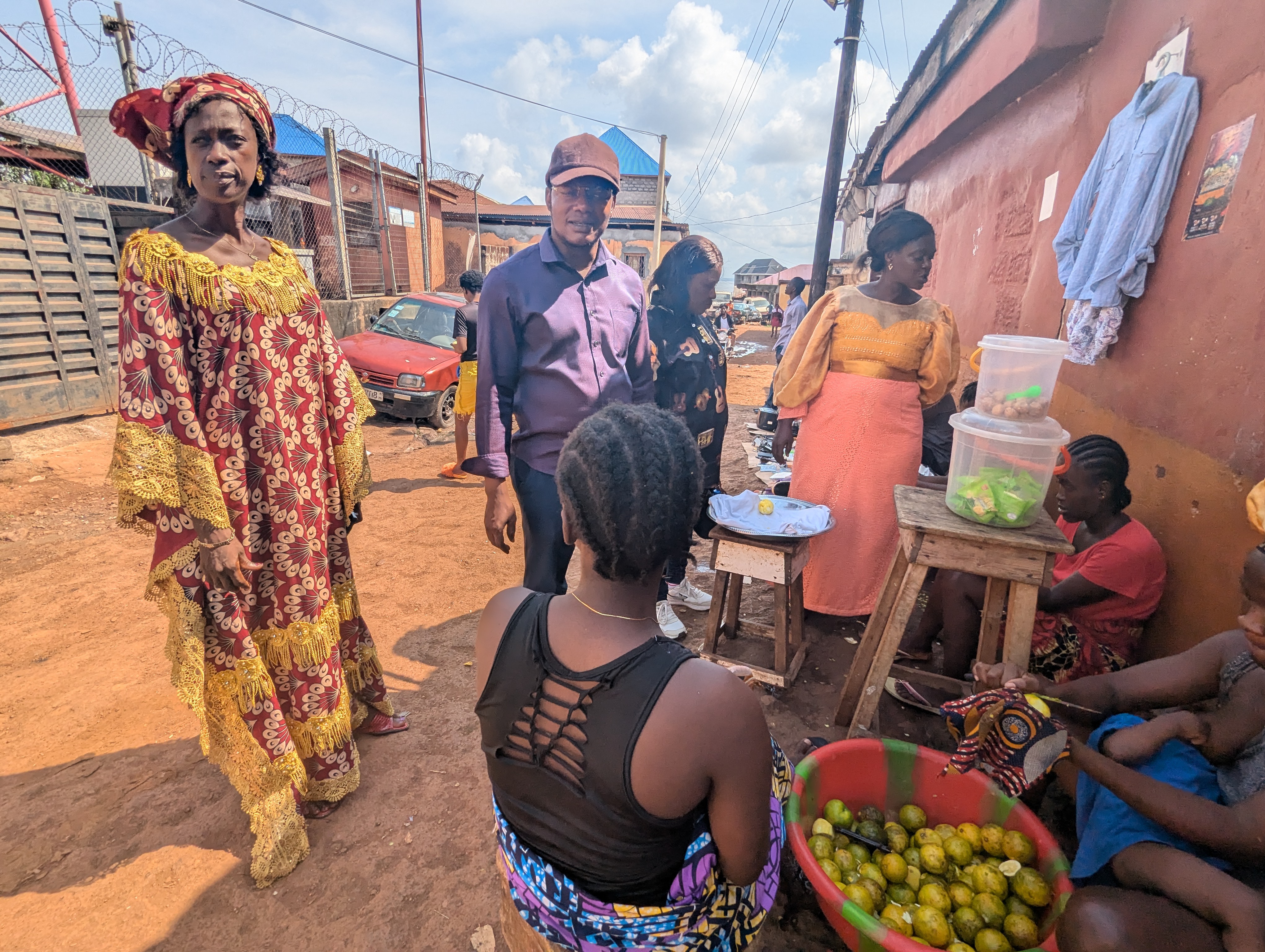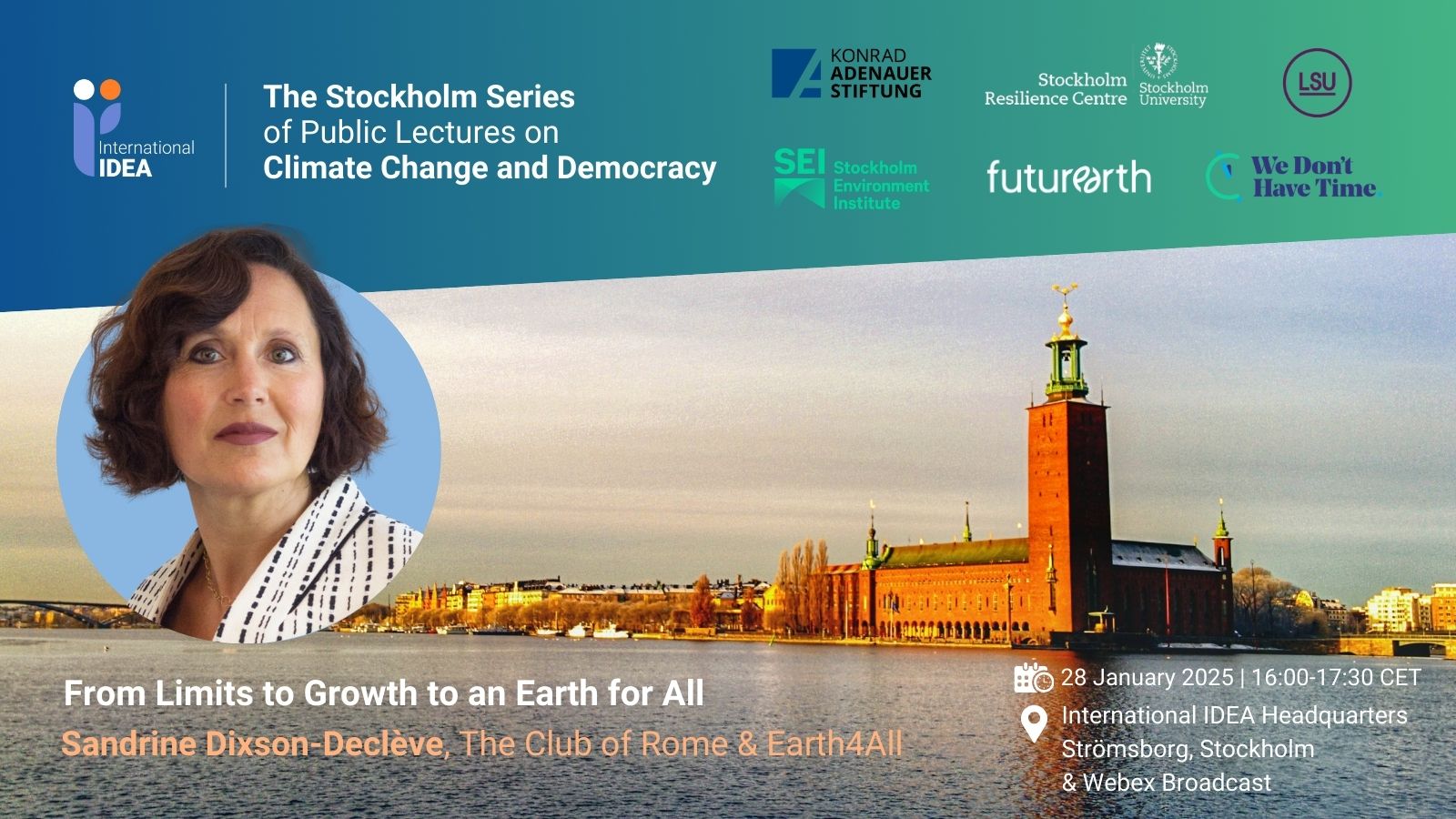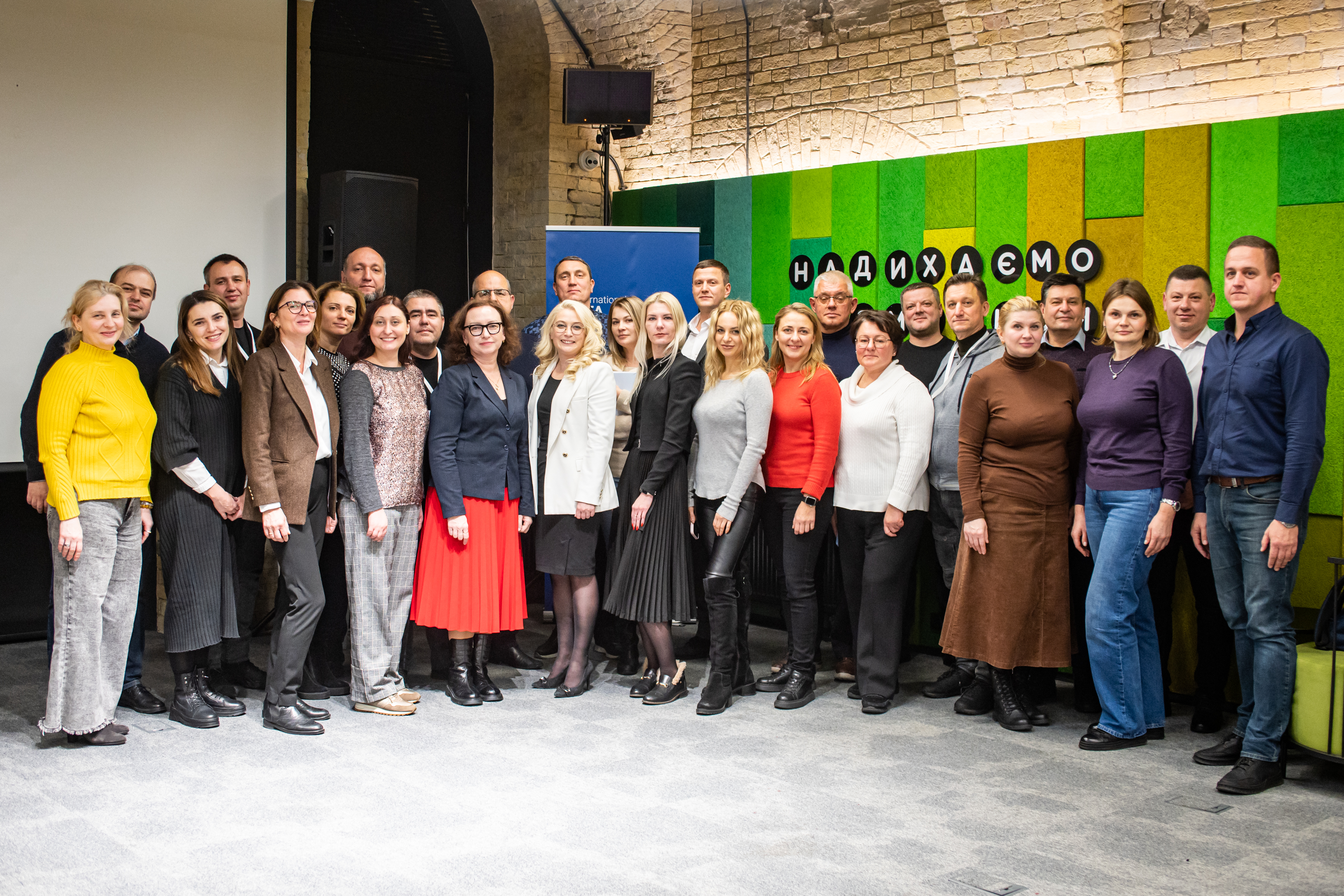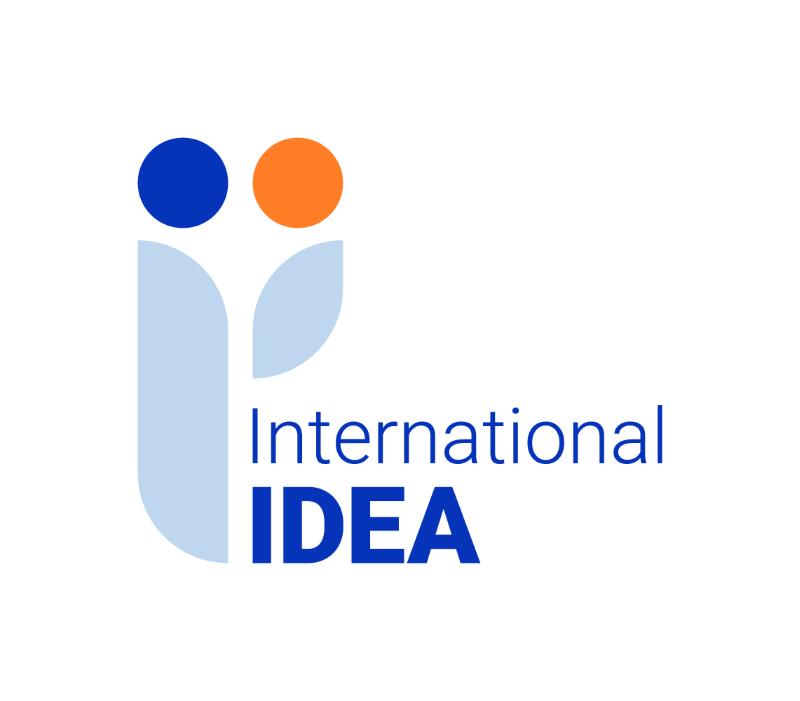‘Speak Your Peace’: The role of dialogue in The Gambia’s process of democratic transition
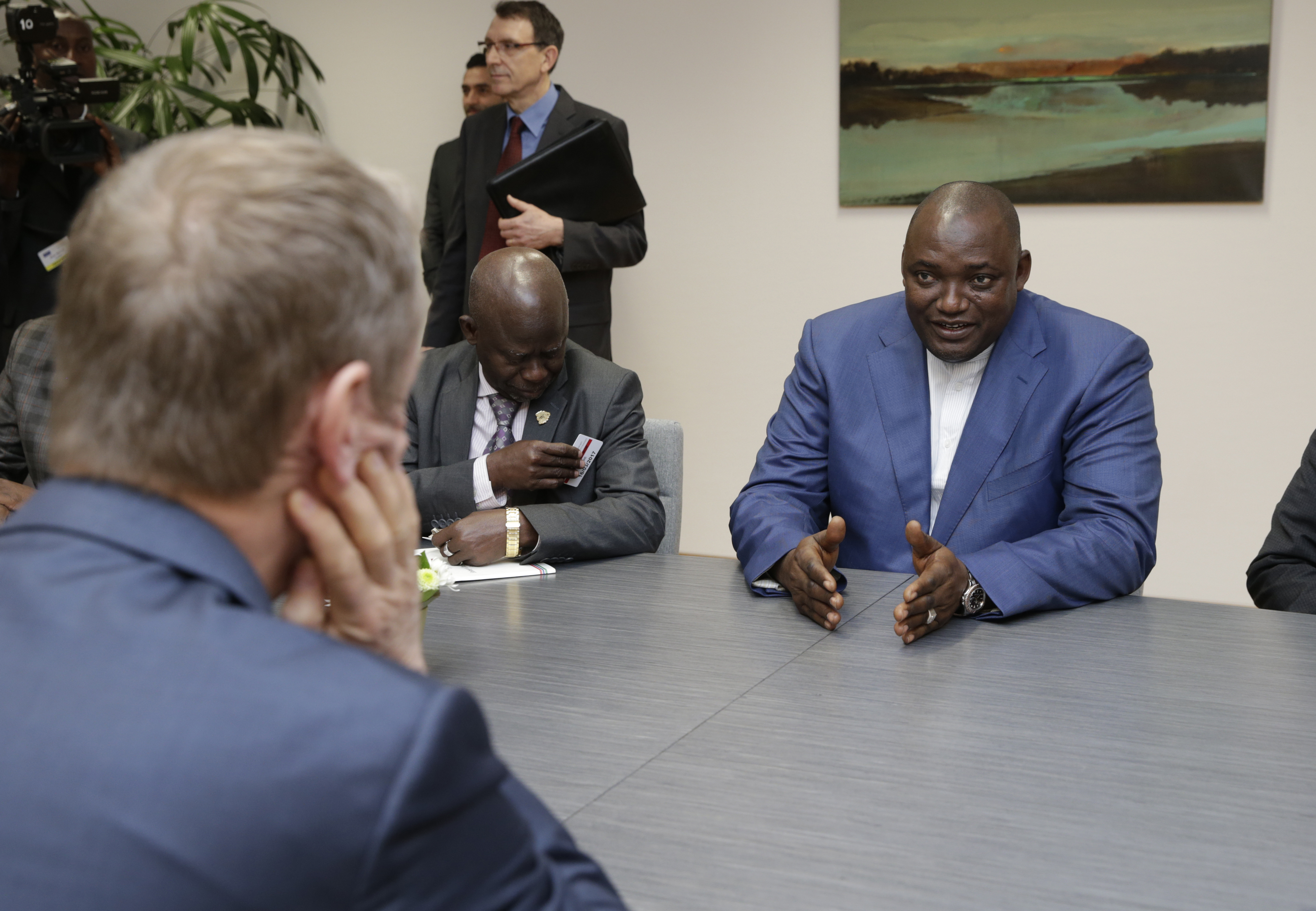
In the Gambia, significant political reforms are taking place, in an atmosphere of dialogue.
In 2017, after a twenty-three-year rule by one president and a de facto one-party state, the West African nation of the Gambia saw the inauguration of a new and promising leader, Adama Barrow. Since his entrance into office, Barrow has promised and indeed embarked on a series of institutional reforms and transitional justice processes aimed at promoting peace and national unity. The new government and all national stakeholders have embraced dialogue as an enabler for these on-going processes.
Although he ran as an independent candidate in the 2016 elections, president Barrow and six political parties agreed to govern in a coalition, united for the single purpose of reforming the nation’s democratic institutions, redress the past political wrongs and strengthen a sense of national identity and peaceful co-existence among the citizens and political actors. The fact that it was possible to form a coalition in a country plagued by tremendous political strife for decades was and remains a monumental feat. For the first time ever, parties are willing to engage in dialogue on complex issues, jointly focused on attaining a more democratic future.
The political actors in the Gambia have demonstrated that they understand that dialogue is an approach that requires nurturing and sustainability- and they, therefore, entered a memorandum of understanding (MoU) through which they established an ‘’Interparty Committee’’ (IPC) as a permanent platform for sustained engagement. In addition, a commission for reforming the constitution; and a human rights commission for addressing the contested policies pushed through under the former administration, as well as commemorating those negatively affected by them—the “Truth, Reconciliation and Reparation Commission” (TRRC).
Since 2017, International IDEA, in collaboration with the African Union Department of Political Affairs and other global organizations like the United Nations Development Programme “UNDP” and International Republican Institute “IRI”, has been supporting these processes in the Gambia, by providing technical support to the TRRC, political parties, the National Assembly and the Constitution Review Commission among others. International IDEA’s approach revolves around facilitating intra and inter-agency dialogues on a variety of issues such as how to strengthen democratic processes at the political party and multiparty system levels, sharing comparative experiences on constitution-building and transitional justice processes among others. The objective is to support and strengthen a conducive atmosphere for sustained dialogue as these various actors navigate through the complex and often contentious reforms.
International IDEA’s specific activities include one-on-one meetings and workshops with each of the six parliamentary political parties, as well as capacity-building workshops for members of TRRC and the Constitution Review Commission. In the coming months, the Institute will scale up this support to strengthen internal party democracy by facilitating the development of strategic plans on gender and youth inclusion, for instance. Enhancing dialogue from within each of parties is a strategic approach to further strengthen the commitment and will to sustain peace-building efforts as well as a culture of consensus-building at the system level.
Learn more about International IDEA’s work in the Gambia and with political party dialogue.

